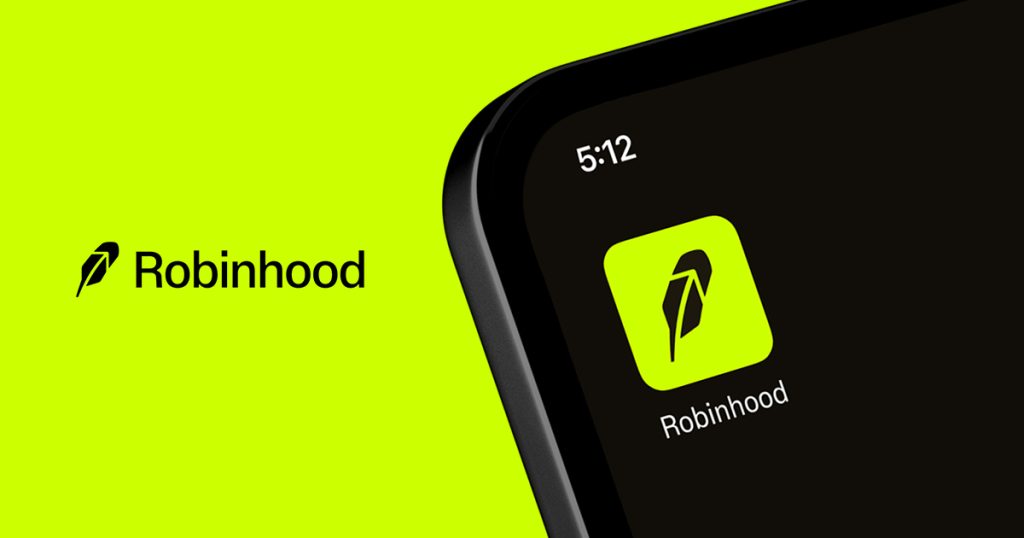In a surprising move, Robinhood, the platform known for its accessible trading features, has ventured into the realm of political gambling. The company announced that users can now place bets on the outcome of the upcoming presidential election, framing this initiative as an opportunity to “unlock a new asset class” that makes political events more accessible to the public.
Robinhood’s provocative statement raises eyebrows: can we truly democratize access to events by allowing people to wager on them? The implication is that if an event lacks a betting market, it somehow becomes less real. This notion prompts a philosophical inquiry about existence—if no one bet on my birth, does it diminish its significance?
The phrase “democratizes access” is often wielded by those in the financial sector eager to attract new investors. In this context, however, it seems more akin to simply launching a betting market. Beginning today, users can purchase “event contracts” predicting the winners of the presidential election. If you believe that Kamala Harris or Donald Trump will emerge victorious, you can buy and trade these contracts for real money. This derivative-like product follows a recent legal development involving the Commodity Futures Trading Commission (CFTC) and Kalshi, a platform that offers similar political event contracts.
While election markets exist elsewhere, their utility often comes under scrutiny. Proponents argue that these markets can accurately gauge probabilities. Yet, the reality is that they often reflect the whims of individual bettors rather than genuine public sentiment. For instance, a single bettor on Polymarket made significant bets that inflated Donald Trump’s chances of winning, despite polls showing a tight race. This raises questions about the reliability of betting markets as predictive tools.
Critics have pointed out that Robinhood’s foray into political gambling is simply an extension of its existing model, which has been characterized as a platform for speculative trading. Matt Levine of Bloomberg remarked back in 2021 that Robinhood functions as a venue for “fun gambling” on meme stocks and cryptocurrencies. Analyzing Robinhood’s financial reports reveals that a significant portion of its revenue growth has stemmed from cryptocurrency trading—a clear indication of its focus on high-frequency, high-risk trading rather than long-term wealth building.
Historically, Robinhood’s CEO, Vlad Tenev, portrayed the platform as a gateway to financial literacy and investing, claiming it introduced users to the markets. However, this narrative seems increasingly disingenuous given the revenue model, which thrives on the frequency of trades. The more users engage in trading, the higher the likelihood they will incur losses.
The introduction of political gambling may signal just the beginning for Robinhood, with future contracts potentially offering even more lucrative opportunities for revenue generation than cryptocurrencies. While traditional investing typically centers around building a prudent retirement portfolio, betting on the presidential election appears far removed from this approach. It raises concerns about the platform’s direction and the implications for its users, who might be drawn into a cycle of speculation rather than sound investment strategies.

